
Coronary Artery Scan: What It Shows and Why It Matters for Prevention
Coronary Artery Scan: What It Shows, Who Needs It, and

If you live in Orlando and recently had a heart scan that showed abnormal results, you might be feeling scared or confused. It’s normal to feel that way, but it’s important to know that there are steps you can take to address these findings. Understanding what to do next can make a big difference in your health and peace of mind.
An abnormal heart scan doesn’t always mean something is seriously wrong. Different factors, such as age, lifestyle, and medical history, can affect the results. It’s crucial to follow up with medical professionals to understand what your specific results mean for you. By taking action quickly and effectively, you can manage your heart health and reduce any risks.
This guide will offer clear steps to follow if your heart scan shows abnormal results. From consulting a cardiologist to making lifestyle changes, knowing what to do can help you take control of your heart health. It’s always better to act sooner rather than later to put your mind at ease and improve your well-being.
When your heart scan results come back as abnormal, it’s essential to understand what this means. The term “abnormal” can refer to various findings, from minor irregularities to significant issues that need immediate attention. Typically, a specialist will interpret the results and explain them to you.
Here are some common terms you might hear:
– Calcification: Buildup of calcium in the arteries, indicating a potential risk for heart disease.
– Blockages: Restricted blood flow due to narrowed or blocked arteries.
– Aneurysms: Bulging or weakened areas in the wall of an artery.
Your doctor will review these findings with you, discuss their implications, and recommend the next steps. Understanding these terms will help you ask informed questions and make confident decisions about your health.
Receiving abnormal heart scan results can be worrying, but taking immediate steps can help you manage the situation effectively. Here’s what to do right away:
Taking these steps can help you address your health issues promptly and effectively.
After receiving abnormal results from your heart scan, consulting a cardiologist is a crucial step. Here are some important questions to ask during your visit:
These questions can help you get the information you need to make informed decisions about your heart health.
Making immediate lifestyle changes can significantly improve your heart health. Here are some actionable steps you can take:
Implementing these changes can help lower your risk of heart disease and improve your overall health.
If your heart scan shows abnormal results, your doctor might suggest medications to help manage your condition. These medications can help reduce risks and improve heart health. Here are some common types you might encounter:
Discuss these medications with your doctor to understand their benefits and any potential side effects. Make sure to take them exactly as prescribed for the best results.
Follow-up tests are crucial after receiving abnormal heart scan results. These tests help monitor your condition and guide your treatment plan. Here are some key follow-up tests you might encounter:
Timely follow-up tests ensure that any changes in your condition are detected early, allowing for timely intervention and better management of your heart health.
Improving your diet can significantly impact your heart health. Here are some diet and nutrition tips to consider:
Following these tips can help improve your heart health and reduce your risk of heart disease.
Regular exercise is vital for maintaining a healthy heart. Here are some physical activity recommendations to follow:
Remember to consult your doctor before starting any new exercise program, especially if you have existing health conditions. Regular physical activity can strengthen your heart, improve circulation, and boost overall well-being.
Keeping track of your symptoms is essential for your heart health:
– Chest Pain or Discomfort: Note any chest pain, pressure, or discomfort. These could be signs of a heart problem.
– Shortness of Breath: Difficulty breathing, especially during routine activities, might indicate a heart issue.
– Fatigue: Persistent tiredness that isn’t related to your level of activity could signal a heart condition.
– Swelling: Monitor any unusual swelling in your legs, ankles, or feet as it can be a sign of heart failure.
– Irregular Heartbeat: Pay attention to unusual heart rhythms, which might require further investigation.
Watch for these symptoms and report them to your doctor to ensure timely intervention.
Caring for your mental health is important after a heart scan:
– Speak with a Therapist: A professional can help you manage the anxiety or stress you might feel after receiving abnormal results.
– Join Support Groups: Sharing experiences with others who have similar health issues can provide emotional support.
– Mindfulness and Relaxation: Practices like meditation, deep breathing, and yoga can help manage stress levels.
– Family and Friends: Lean on your loved ones for support. Talking with someone you trust can alleviate feelings of worry or anxiety.
Taking care of your emotional well-being is an important part of managing your overall heart health.
Finding the right resources can provide valuable support:
– Local Health Programs: Many communities offer heart health programs, including education, resources, and activities aimed at improving heart health.
– Support Groups: Look for local or online support groups where you can connect with others facing similar challenges.
– Community Centers: Local community centers often have resources, exercise programs, and educational workshops focused on heart health.
– Health Organizations: National heart health organizations provide valuable information, resources, and support networks.
Utilizing these resources can provide valuable support and information as you navigate your heart health journey.
Regular check-ups are key for ongoing heart health:
– Schedule Regular Appointments: Plan visits with your cardiologist or primary care doctor to monitor your heart health regularly.
– Follow-Up Tests: Your doctor may recommend periodic tests to keep track of your heart’s condition.
– Update Medical Records: Keep your health records updated and discuss any new symptoms or concerns with your doctor during visits.
– Medication Reviews: Regular check-ups are a good time to review and adjust any prescribed medications.
Staying on top of regular medical check-ups helps ensure ongoing monitoring and management of your heart health.
Regular monitoring and proactive steps are essential after receiving heart scan results. Watch for key symptoms, take care of your mental health, utilize available community resources, and schedule regular check-ups. Each of these steps helps you maintain and improve your heart health. Ensuring consistent follow-ups and adopting a heart-healthy lifestyle can greatly benefit your overall well-being.
Take charge of your heart health today by scheduling your heart scan with Life Imaging Fla. Our advanced technology and expert care will give you peace of mind and a clear path to maintaining your heart’s health.

Coronary Artery Scan: What It Shows, Who Needs It, and
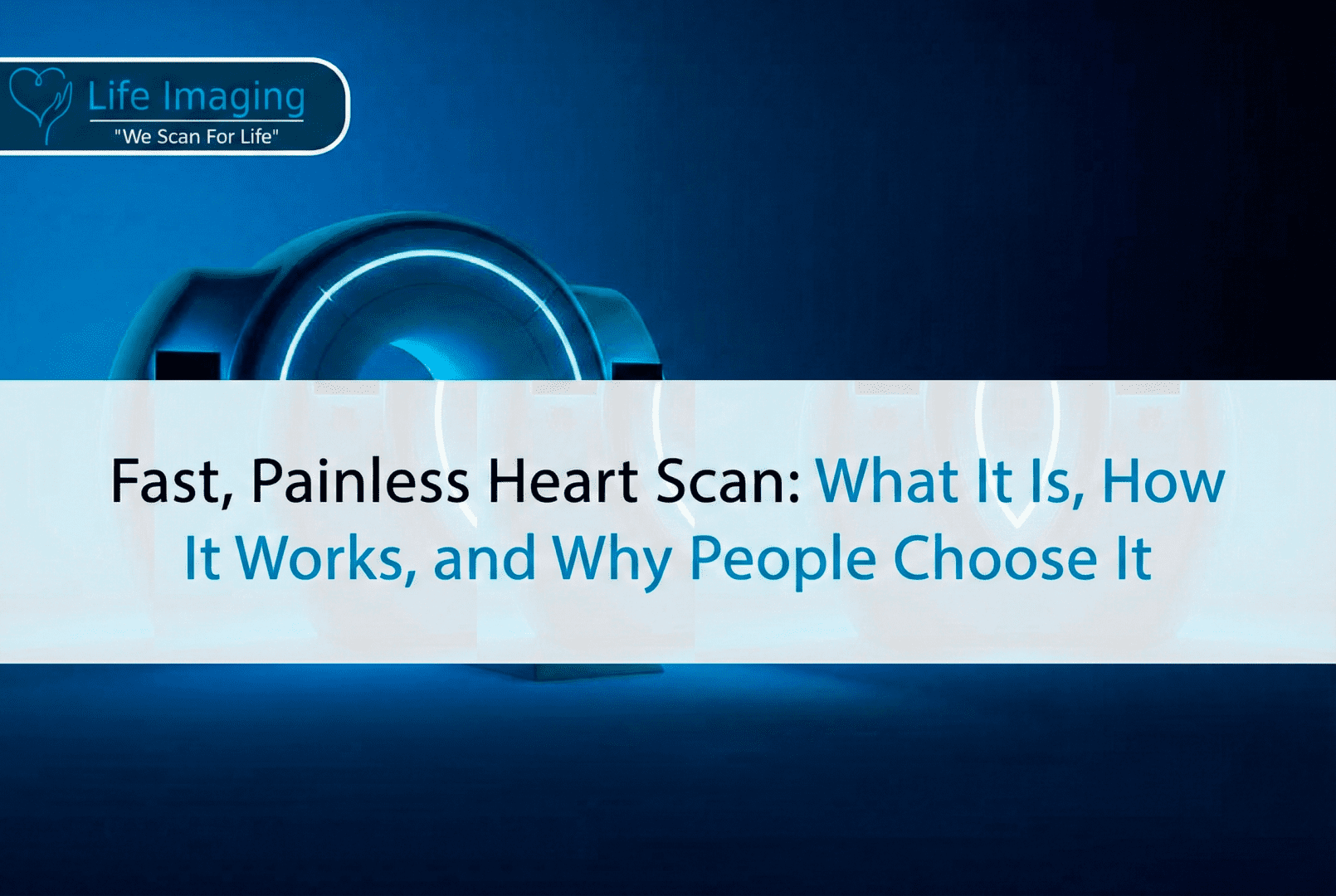
Fast and Painless Cancer Scan: What It Really Means PREVENTIVE
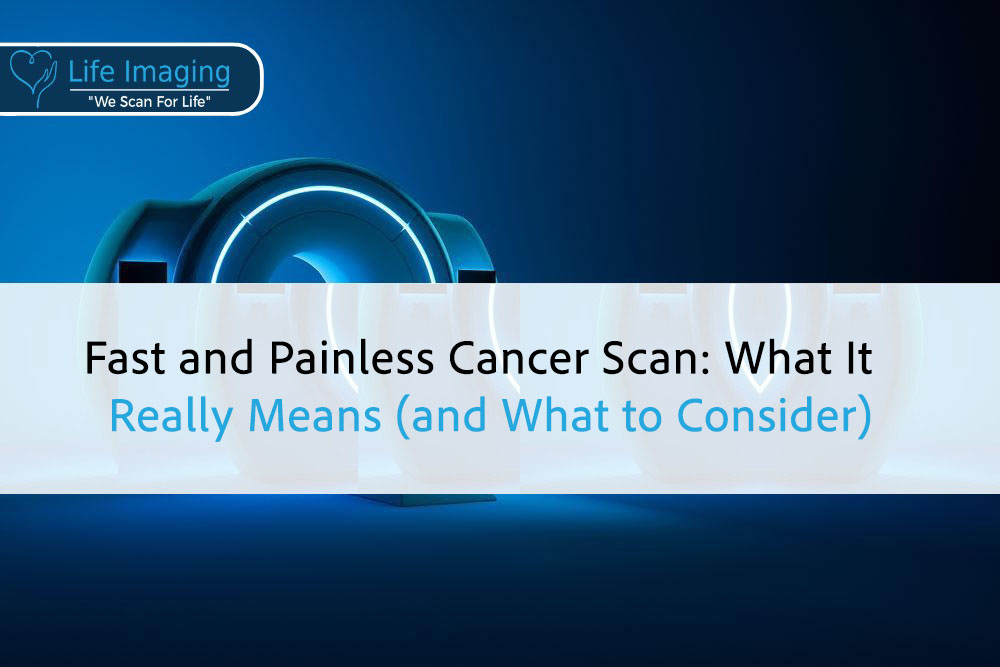
Fast and Painless Cancer Scan: What It Really Means (and
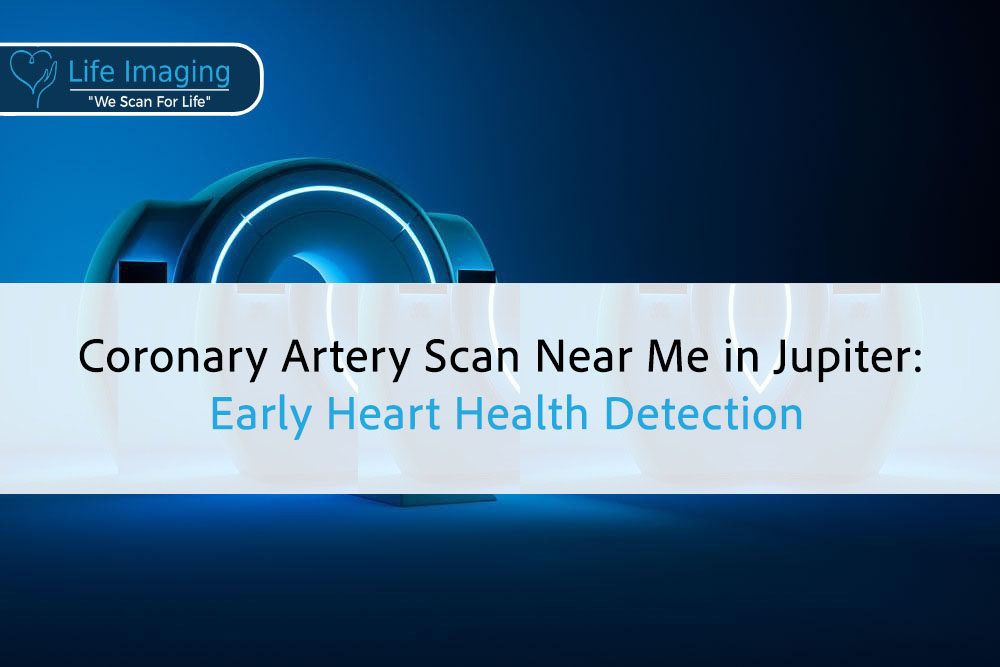
Introduction Your heart works hard every second of the day,
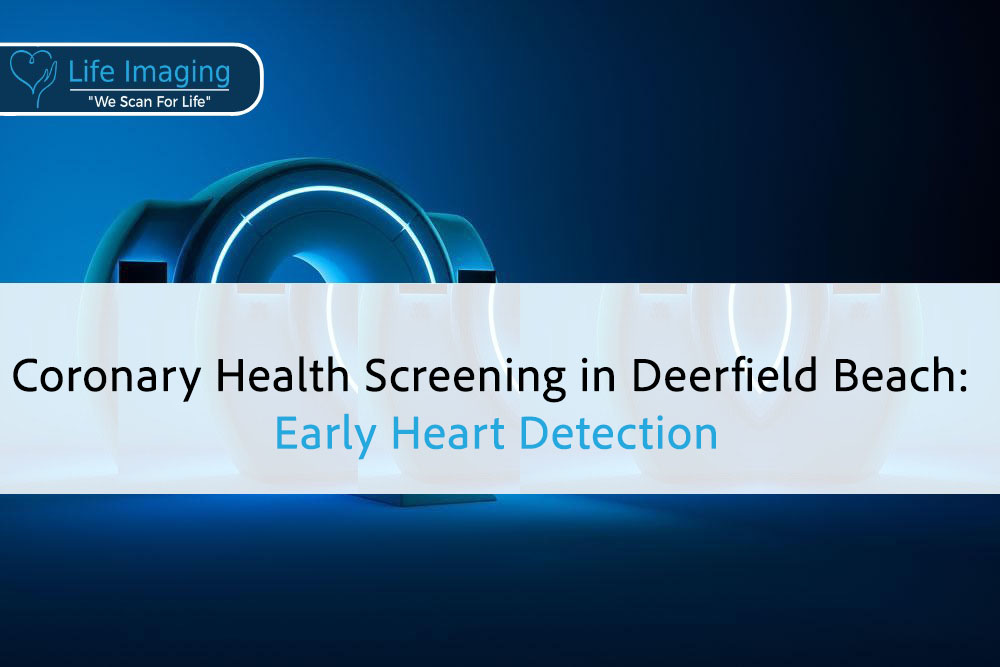
Introduction Your heart works around the clock, but changes inside
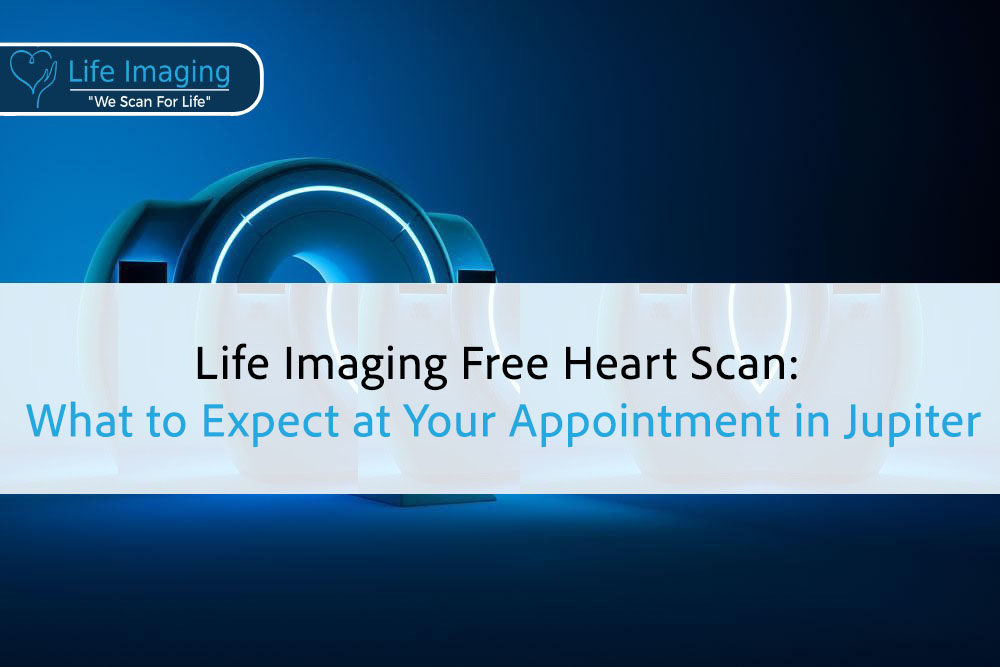
Introduction Your heart works nonstop, often without a single complaint.

* Get your free heart scan by confirming a few minimum requirements.
Our team will verify that you qualify before your scan is booked.
Copyright © 2025 Life Imaging – All Rights Reserved